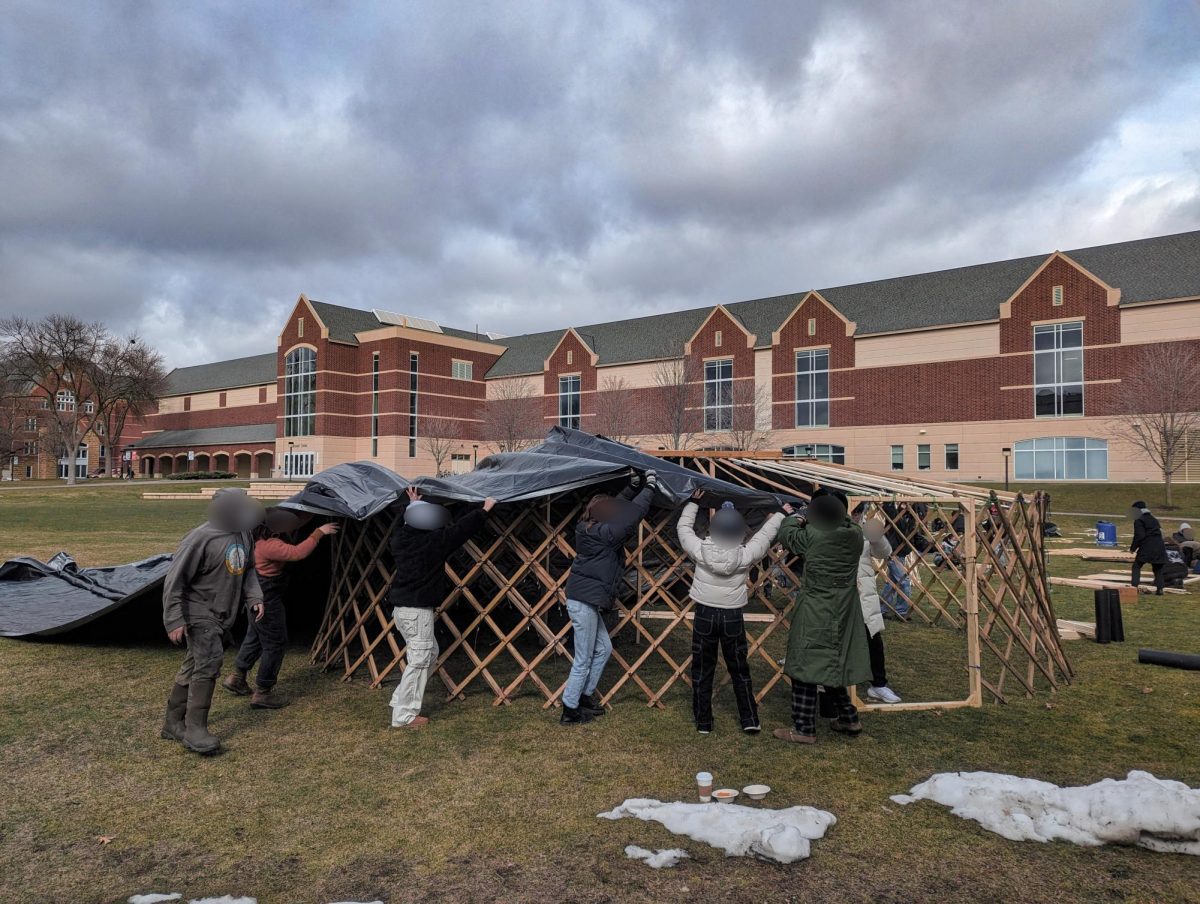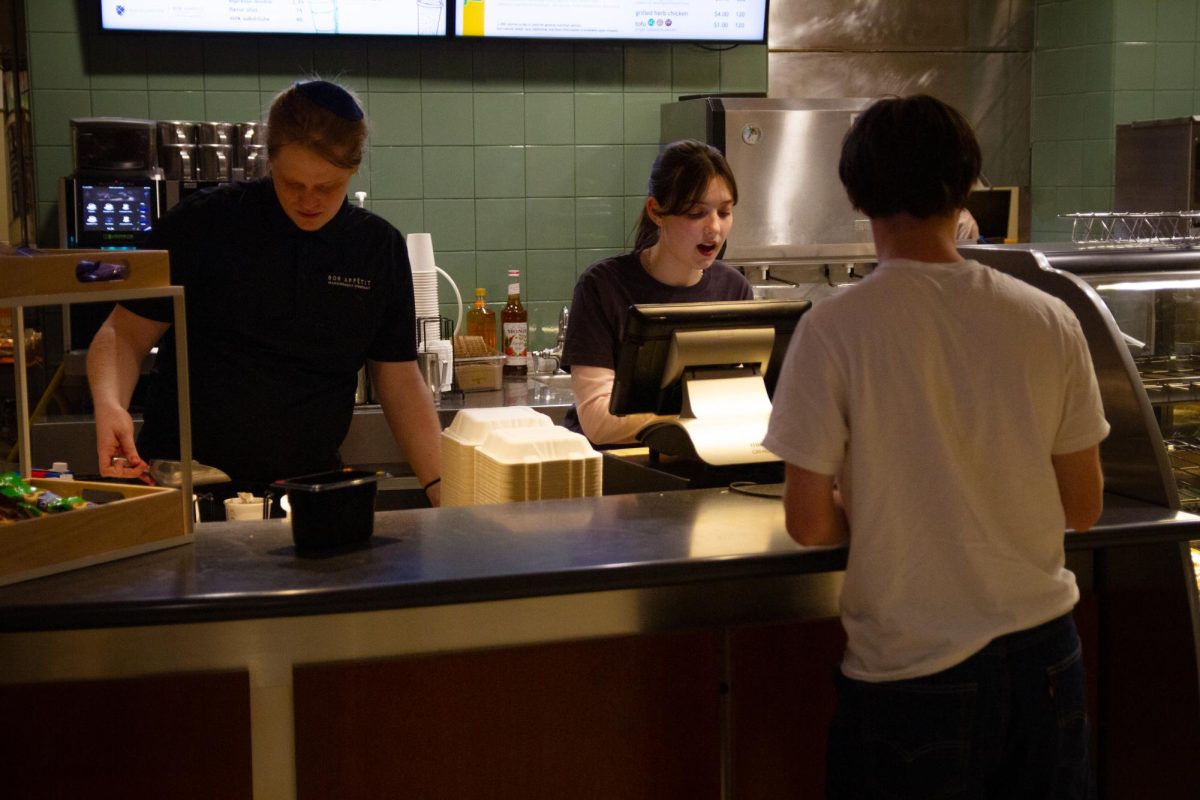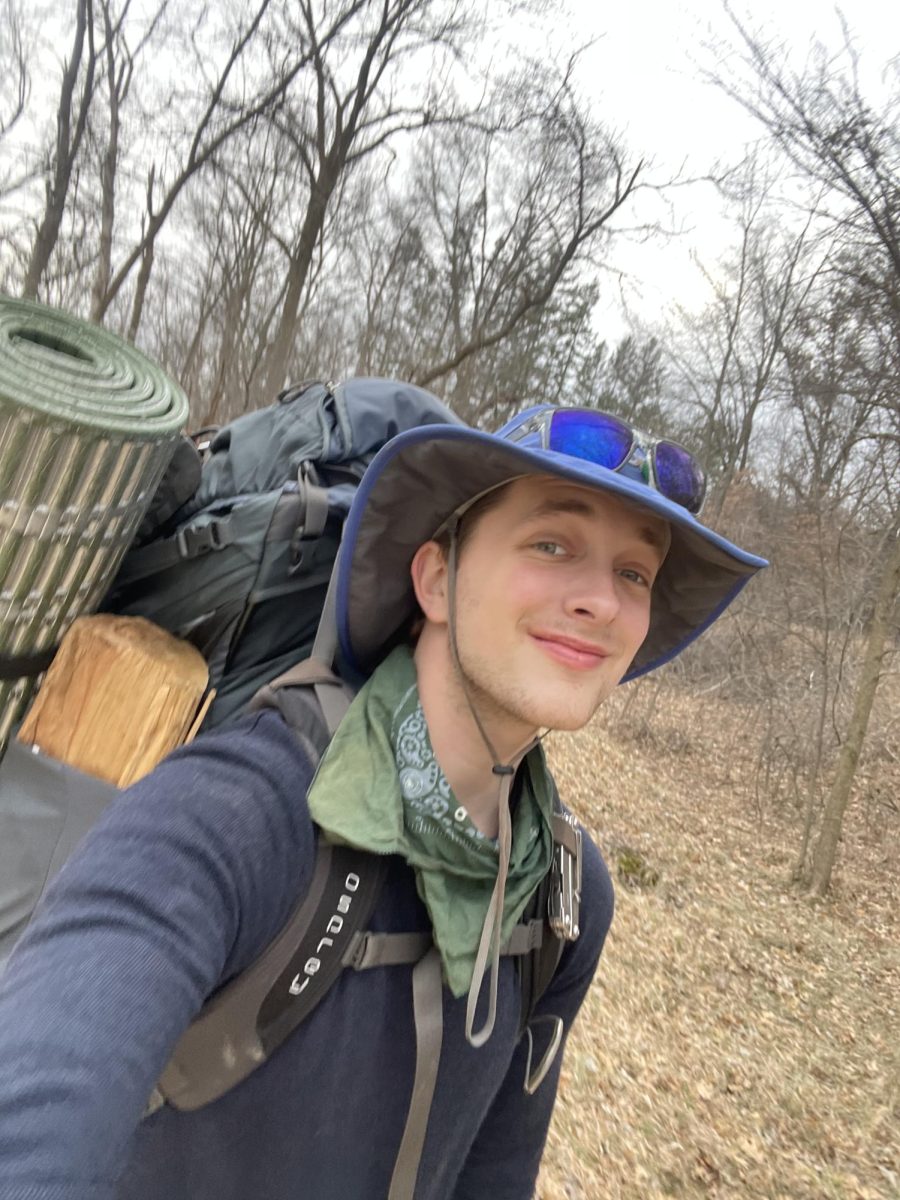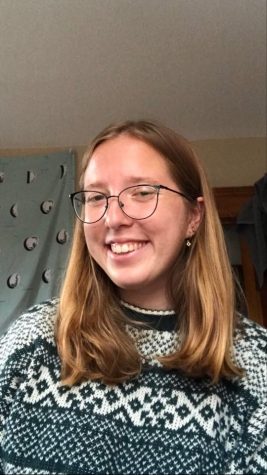Macalester hosted First Secretary of the Cuban Embassy Miguel Fraga in the Olin-Rice Science Center on Monday afternoon.
Fraga’s visit was part of a larger diplomatic trip to Minnesota, where a number of state elected leaders – including Sen. Amy Klobuchar (D-MN) – are vocal advocates for lifting the 58-year embargo on the majority of trade between Cuba and the United States.
But the discussion on Monday night was much more tightly focused on Cuba’s image in the United States and on the lack of information about Cuba available to people here.
“The majority of you have not been to Cuba, and that is the main problem that we have,” Fraga said. “As Americans, you can go wherever you want, but, in order to go to Cuba, you need a license.
“I don’t understand why you were able to travel to the Soviet Union in the middle of the Cold War, but not now to Cuba,” he continued. “I don’t understand how you are able to travel to countries that are enemies of your country, but not to Cuba.”
Fraga then shared a number of World Bank statistics to indicate Cuba’s human rights success under its most recent regimes.
Cubans, for instance, have an average life expectancy of 80 years. 100 percent of the population is literate, and 99 percent of children have all of their vaccines thanks to the country’s universal healthcare system. According to the World Wildlife Foundation 2016 ranking, Cuba ranked first in the world in sustainable development.
“I don’t come here to say that we are perfect, that’s not my point,” Fraga said. “I don’t come here to say that we are better than you. I come here to say, ‘This is the country I’m proud to defend here, and this is the country I want you to know.
“We need to work together; we need to have the opportunity to sit down, to talk, to do things together,” he continued. “We need to learn from each other.”
Throughout the speech, Fraga frequently returned to discussion of to the U.S. embargo and the ways it has disadvantaged his country.
“We re-established diplomatic relations, but we do not have normal relations,” Fraga said. “Why? It’s because of the embargo.”
In his eyes, no conversation about Cuba’s economic or political progress is complete without consideration of the devastating side-effects of being unable to trade with one of its closest and richest neighbors.
“If the majority of the American people don’t want the embargo; if the majority of the Cuban-Americans here don’t want the embargo; if the former-president is asking to lift the embargo; if almost every country in the world is against the embargo, why is the embargo still in place?” he asked.
At the conclusion of his presentation, Fraga took questions from the audience.
One attendee asked Fraga how Cuba would respond to what would be an influx of capitalist influences and multinational corporations should the United States lift the embargo.
“People believe that we are isolated from the world. It’s not like that,” Fraga responded. “Yes, this could be a huge challenge. We cannot be afraid. We have to put an end to the embargo, and we trust that we have people who have the education – the information that they need to decide.”
When a student questioned him about the suppression of opposition parties and dissenting journalists in Cuba, Fraga quickly became defensive.
“Everybody in the national assembly is not [necessarily] a member of the Communist Party,” Fraga said. “The problem is when you receive money from the United States to do what you do, you become a mercenary, and no country allows that.”
Political science professor Paul Dosh and associate professor of anthropology Olga Gonzalez both tried to press Fraga to answer the question without implicating the U.S. in all Cuban political dissent, to little avail.
“I think you are basically putting everybody who is [dissenting] in alliance with the United States,” Gonzalez said. “Take out of the equation the United States—”
“It’s impossible,” Fraga interrupted. “Right now, it’s impossible.”
“I grew up defending Fidel Castro, I was inspired and militant of the Communist Party, I know what I’m talking about,” Gonzalez retorted. “I’m not defending the United States, I’m not defending my own country for human rights violations and disappearances, I’m not defending any country for violations of that kind.
“That doesn’t mean that I cannot be critical of it,” she continued. “I want you to be critical in that sense. This is about having a discussion of the good, the bad and the ugly.”
Fraga adamantly claimed that the current policy in Cuba – which allows some political dissent but bans the formal organization of any political party other than the Communist Party – is only protecting the Cuban government from U.S. meddling.
According to Human Rights Watch, “the government continues to rely on arbitrary detention to harass and intimidate critics, independent activists, political opponents, and others.”
“Do you know what 14 and a half is?” Fraga asked. “It is an independent website – the first dissident newspaper and it’s online… Why doesn’t [the author] go to jail? Because she didn’t do [anything] wrong.
“If you go and sit down in the middle of the streets of Havana, and you stop the traffic, you’ll go to jail. It happens the same on your Capitol Hill. Every time that I see people removed from their [U.S.] Senator’s office because they’re asking for something – you won’t see that in Cuba.”
At the heart of the discussion for many, though, seemed to be the lack of accurate information about Cuba in the United States.
“Students, often times first-year students, say something one day into our Cuba study cycle, ‘what we’re reading makes me question everything I learned in high school,’” Dosh said. “There is something about the availability and quality of information about Cuba in the United States that leads our students to realize they haven’t been given the full story.
“It’s really valuable for us to have high-level visitors, guests from Cuba,” he continued, “to share another perspective that’s not often represented here.”

















Ryan Avery • Sep 11, 2019 at 5:57 pm
Link exchange is nothing else except it is simply placing the other personís webpage link on your page at proper place and other person will also do same in support of you.
Eric Langdon • Sep 10, 2019 at 12:01 pm
hello!,I like your writing very much! share we communicate more about your article on AOL? I require a specialist on this area to solve my problem. May be that’s you! Looking forward to see you.
Simon Lee • Sep 8, 2019 at 1:15 pm
You should take part in a contest for one of the greatest websites online. I’m going to highly recommend this web site!